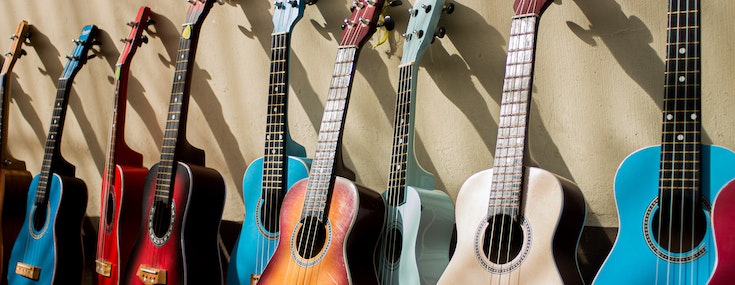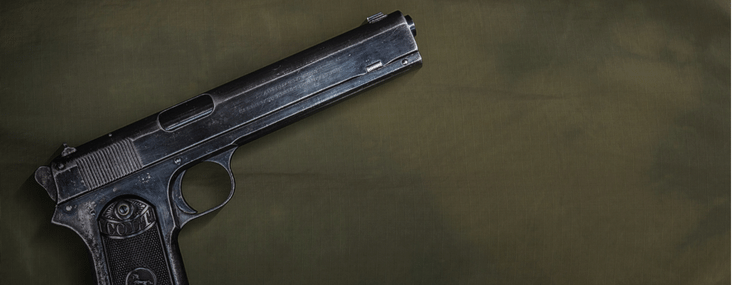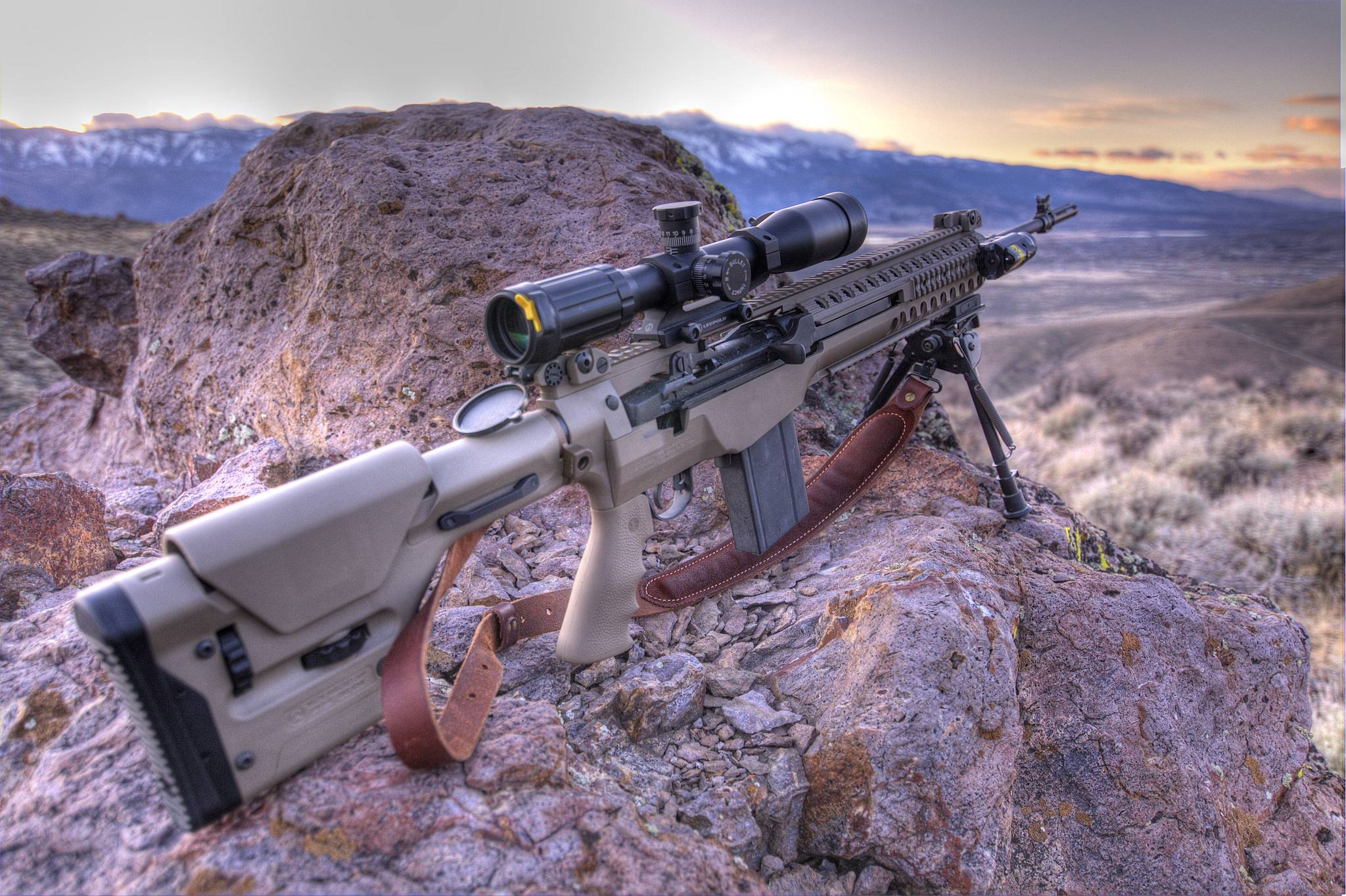Pawn Shops And Firearms: What Do You Need To Know?
Both pawning and purchasing a gun come with their rules and regulations. Proper handling of your firearm is also required. What’s important when preparing to do business with a pawn shop concerning firearms? What preparations should you make?
Legal Matters
When pawning a gun, your firearm is being used as collateral. You’re looking to do everything by the book, and rest assured, most pawn shops expect the same in return. Additionally, items pawned are subject to much scrutiny, and this is especially true when it comes to firearms. They may a gun owner to see their driver’s license and gun license prior to any gun pawning.
Regulation of local law enforcement regarding firearms and gun licenses can make pawn shop owners a bit nervous. Pawn shop owners want to avoid purchasing any gun that has been reported stolen, so it is also a good idea to check to see if your firearm has been stolen before you purchased it. Furthermore, these owners have quite a few customers to deal with on a daily basis. Therefore, it is important to make contact with attentive operators, and you also want to shop around. Your goal is to get the best deal for your gun, and doing so might require a little extra patience.
You do have other choices when attempting to get cash for your firearm. For example, you could get in touch with a loan officer. You have to decide if you want to go the traditional route or skip the extra steps, netting you less money in the process. Are you okay with a few hundred bucks?
Best Firearm Handling Standards
Are you a new owner? Whether you have experience or not, safely handling your firearm is the top priority. There are basic gun safety rules, and then there are additional measures you should be aware of as well.

For example, a firearm should always be pointed away from you and away from other people as well. You have to ensure your safety and the safety of those around you. You do not want to accidentally injure yourself or someone else by acting foolish.
Keep your hands off the muzzle and your finger away from the trigger. Only place your finger on the trigger when you are preparing to shoot the firearm. Do you own a semi-automatic? If so, the cartridge must also be ejected.
Ammunition checks are key, too. Do you have a revolver? If you do own a revolver, remember to steer clear of metal shavings that are ejected by the forcing cone. Protective eyewear is also recommended.
When at a firing range, you should also have ear protection, too. Make sure you are using a proper stance when firing your fun, and always be zoned in on the target while being aware of your surroundings.
Never be under the influence of drugs or alcohol when you are planning to use a firearm. You must have your senses about you, and those types of substances can alter your reality and hinder your judgment. Additionally, never shoot a gun at a body of water or at a flat, hard surface, which can cause a ricochet.
Training is available from experienced professionals if you are a novice with your firearm and just starting out. Make sure you ask plenty of questions if you do enlist the help of another person. Be sure to secure not only protective eyewear and earplugs but also range bags as well.
Where you safely point your gun depends on your situation. In many cases, pointing your gun down is the safest solution. Other circumstances, however, call for pointing your gun up in the air.
You also want to make sure you always have access to your gun, especially when it is loaded. Guns should never be placed near windows or doors when driving a vehicle. Furthermore, avoid walking or running when you have a loaded gun on your person.
Custom Modifications – Do They Affect Value?
Gun owners love to make custom modifications to their firearms. A more modern magazine can actually increase the value of a weapon, but other custom modifications are more personal and can decrease a gun’s value. It’s always best to make modification decisions pertaining to your firearm with resale in mind.
When you do plan to make custom modifications to a gun you own, always employ the help of a reputable gunsmith. You want a gun that is comfortable for you to use and reliable at the range.
Gunsmiths can mount scopes and perform all types of other upgrades. Seasoned gunsmiths cut to the chase and are able to handle all repairs and upgrades on a budget. When you want to get the most money upon selling your firearm, it is important to stick to an appropriate budget when dealing with a gunsmith.
Additionally, when dealing with both a gunsmith and a pawn shop, you want to know you are doing business with people who have an appreciation for firearms.
Some pawn shop operators do not work with firearms as often and are less likely to make you a fair offer. You want to get the best bang for your buck. Some people think it is best to keep guns away from pawnshops, but you can get a good deal if you know the environment.
Purchasing Deals From a Local Pawn Shop

Not only is a pawnshop a great place to sell guns for cash, but it is also a great place to purchase a gun as well. There are firearms specialists at some pawn shops, and some stores also feature higher-quality pieces. Staff at these shops are able to make recommendations, too, helping you to find the best gun for you.
The value of a gun is more stable in comparison to other items typically re-sold at pawn shops. Therefore, it is easier to get a handle on pricing whether you are buying or selling a gun. The model, age, and condition of a gun have everything to do with its price tag. When in doubt, there are reference websites that list models and their prices.
Ensuring a gun is working properly and up to standards is also a top priority. When purchasing a gun at a pawnshop, always ask if you can test the firearm. Make note of the gun’s condition, and be aware of any signs of visible damage. As you inspect the gun, remember to keep the muzzle pointed away from you and others, and your finger should never be on the trigger.
Return Policies
Prior to purchasing a gun from a pawn shop, you need to be familiar with an owner’s return policy. Some businesses allow customers to return firearms for a refund, and you might also have the option of making a trade or acquiring a pawn loan.
You need to know that returns are an option, and you need to be aware of your choices. Additionally, familiarize yourself with state laws, and be aware if a background check is mandatory. There can also be a waiting period, which would mean you do not walk out of a shop with a gun the day you plan to purchase one.
Rare Firearms

Pawn shops can be a great place for finding rare and unusual firearms. This increases the chance of you being asked to consent to a background check. Furthermore, when doing business with a pawnshop, you want to ensure that the owner has secured proper licensing, a locked case for the gun, and you don’t need to worry about buying a gun privately from someone sketchy. This naturally protects the pawn shop, but it also protects you as the customer.
You can score great deals when purchasing firearms at pawn shops, but you must know the ins and outs and familiarize yourself with applicable laws.



